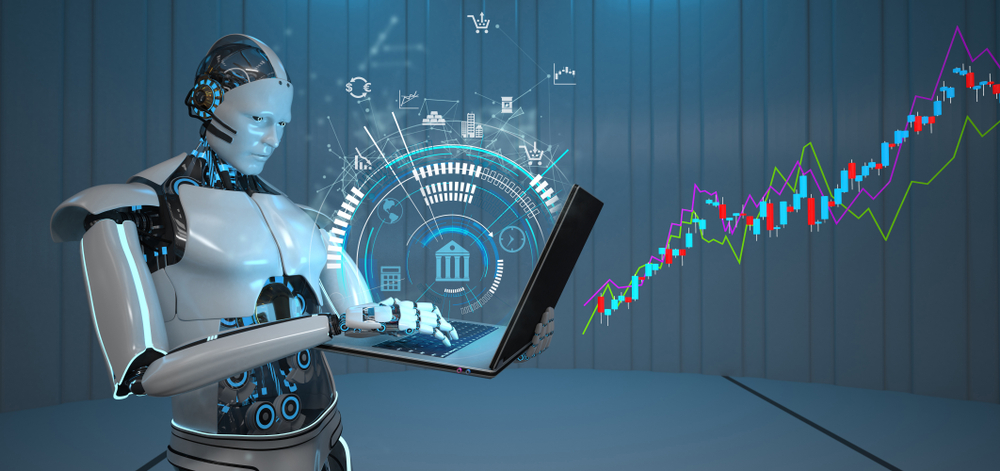AI trading vs. Human trading – Which is more effective?
Trading using AI involves analyzing market data, identifying patterns, and executing trades automatically. Data mining systems analyze historical data and complex statistical models to make real-time decisions. Key features of AI trading include:
- High-speed data processing and analysis
- Ability to identify complex patterns across multiple markets
- Emotion-free decision making
- 24/7 market monitoring
- Rapid trade execution
Human touch in trading
Human trading relies on the expertise, intuition, and decision-making skills of individual traders or teams of professionals. Human traders bring a wealth of experience, market knowledge, and the ability to interpret complex economic and geopolitical factors that influence market movements. Human trading includes:
- An intuitive understanding of market sentiment
- Ability to adapt to unexpected events
- Creative problem-solving skills
- Emotional intelligence and interpersonal skills
- Ethical decision-making capabilities
Comparing effectiveness – AI trading vs. Human trading
To determine which approach is more effective, let’s examine various aspects of trading where both AI and humans compete:
Speed and efficiency
- AI trading – The immediate 1a pro air trading systems have a clear advantage in speed and efficiency. Trading is executed in milliseconds, far surpassing human capabilities. This speed is particularly crucial in high-frequency trading scenarios where microseconds make a significant difference.
- Human trading – While humans can’t match AI systems’ raw speed, experienced traders quickly synthesise information and make decisions based on years of market knowledge. However, in scenarios where split-second decisions are necessary, humans are at a disadvantage.
Pattern recognition and analysis
- AI trading – Machine learning algorithms excel at identifying complex patterns and correlations in market data that might be invisible to human analysts. Artificial intelligence systems analyze historical data.
- Human trading – Experienced human traders also identify patterns and trends, often drawing on a deep understanding of market dynamics and historical events. However, the sheer volume of data in today’s markets makes it challenging for humans to compete with AI in comprehensive pattern recognition.
Adaptability to unexpected events
- AI trading – While AI systems are excellent at analyzing historical data and identifying patterns, they struggle with unprecedented events or “black swan” scenarios that haven’t occurred in their training data.
- Human trading – This is where human traders shine. As market conditions change rapidly, their ability to adapt and interpret breaking news gives them an edge.
Complex strategy formulation
- AI trading – AI systems develop and test complex strategies based on historical data and run countless simulations. They optimize strategies for different market conditions and asset classes efficiently.
- Human trading – Experienced traders also develop sophisticated strategies, often incorporating qualitative factors that AI may not quantify. Human creativity leads to innovative approaches that AI might not consider.
Cost-effectiveness
- AI trading – Once developed and implemented, AI trading systems operate 24/7 with minimal ongoing costs. Their lack of salaries, bonuses, and time off makes them potentially more cost-effective in the long run.
- Human trading – Human traders require compensation, benefits, and ongoing training. For smaller trading operations or those focusing on less frequent, more complex trades, human traders may be more cost-effective.
As we move forward, the most effective trading operations will likely be those that successfully integrate AI capabilities with human expertise. This hybrid approach allows for the leveraging of AI’s computational power and data analysis capabilities. However, it maintains the adaptability and ethical judgment that human traders bring to the table.




